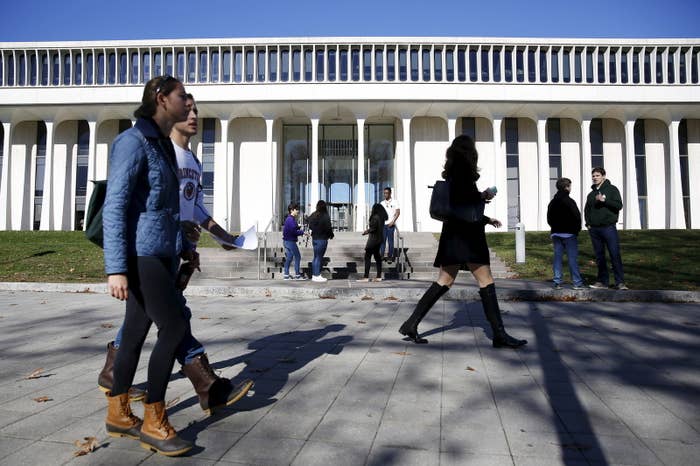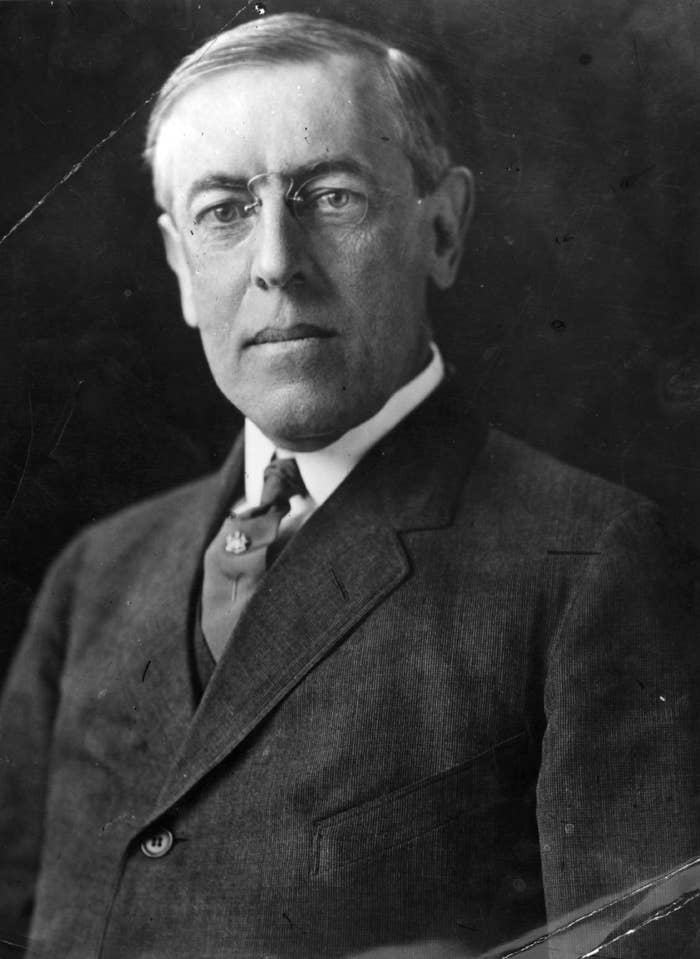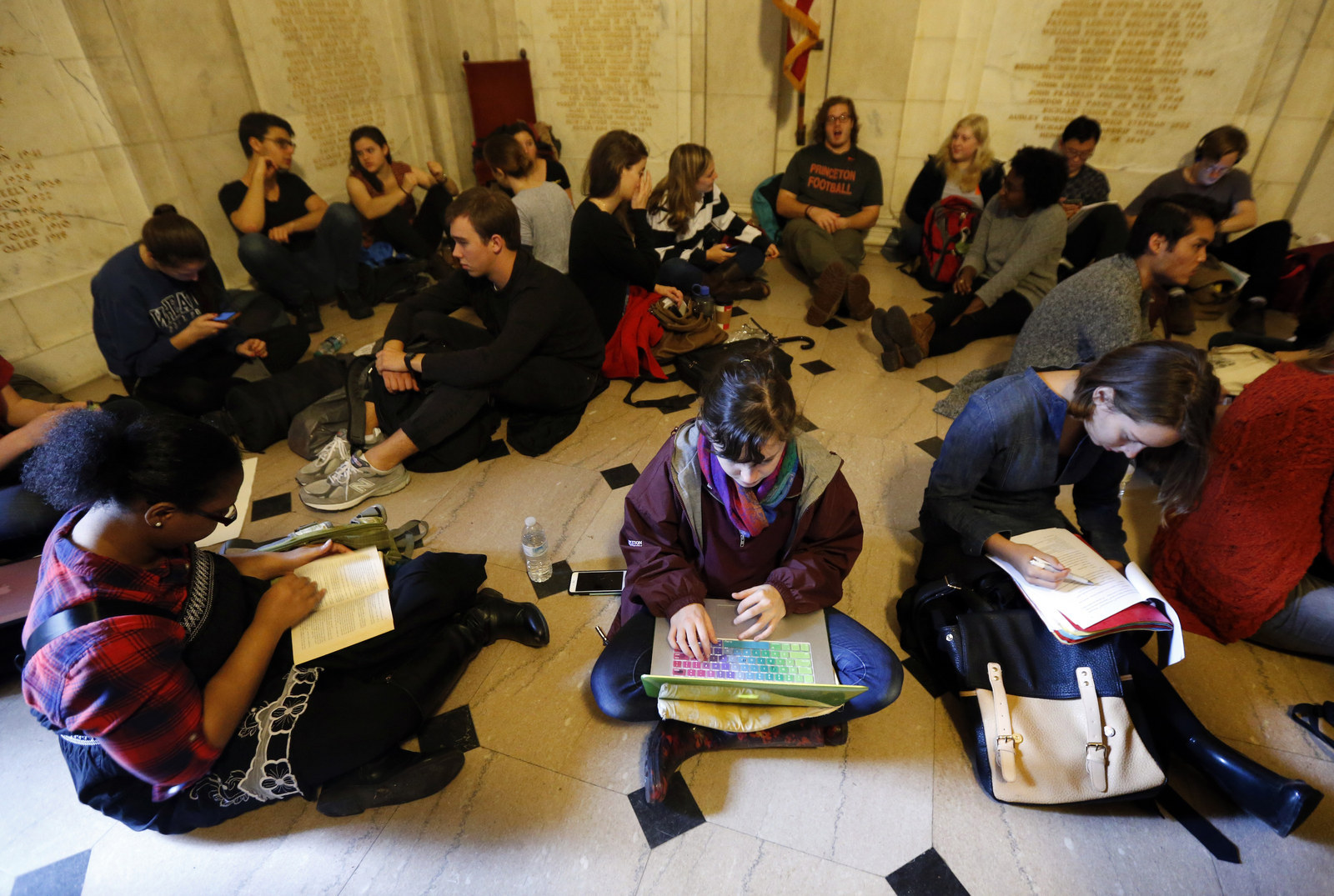
Princeton University announced Monday the school's board of trustees voted to keep Woodrow Wilson's name on two schools, despite protests from some students concerning the former president's support of racial segregation.
In November, a sit-in protest by black students on campus ended with the university president agreeing to launch a special committee examining the legacy of Wilson, a Princeton graduate and faculty member who supported the Ku Klux Klan and who reintroduced segregation in the federal workforce.

"The committee recommends that both the Woodrow Wilson School of Public and International Affairs and Woodrow Wilson College should retain their current names," a committee of the school's board of trustees said in a statement announcing their decision.
However, the committee also urged the university to take steps to increase campus diversity and "be honest and forthcoming about its history."
"This requires transparency in recognizing Wilson’s failings and shortcomings as well as the visions and achievements that led to the naming of the school and the college in the first place," the committee said.
"The controversy surrounding Wilson's name was emblematic of larger concerns about the University's commitment to diversity and inclusivity," the committee concluded.
Buoyed by a nation-wide movement to remove symbols of the Confederacy and America's racist past in the aftermath of the mass shooting at a black church in Charleston, November's protest saw students with a group called "Black Justice League" conduct a 32-hour sit-in.
Students had been demanding the re-naming of the residential college and the public and international affairs school, as well as the removal of a mural commemorating the nation's 28th president, who also served as the university's president from 1902 to 1910.

The 10-member committee received more than 600 submissions through a specially created website. "A minority of those who commented advocated for changing the name of the school, the college, or both," the committee's statement read. "Even though we eventually came to a different judgment, we acknowledge the passion and thoughtfulness of the arguments they advanced."
The fate of the Wilson mural is yet to be determined, but will be decided by the head of the college in whose dining room it sits.
The board of trustees also approved several committee recommendations aimed at making the Ivy League college more diverse. Specifically, the university will establish a "high-profile pipeline program" to encourage students from under-represented backgrounds to pursue doctoral degrees, in addition to promoting other education initiatives for students and staff to discuss "aspects of Princeton’s history that have been forgotten, overlooked, subordinated, or suppressed."
"The University must be more transparent about its historical legacy, especially as it relates to Wilson and especially as it relates to race," the committee said. "We need to acknowledge that Wilson held and acted on racist views and that pernicious racial attitudes and racist actions are part of our institutional history."
As part of this effort, the university launched a new exhibition Monday centering on Wilson's "contested legacy."
The Black Justice League did not immediately respond to a request for comment.
